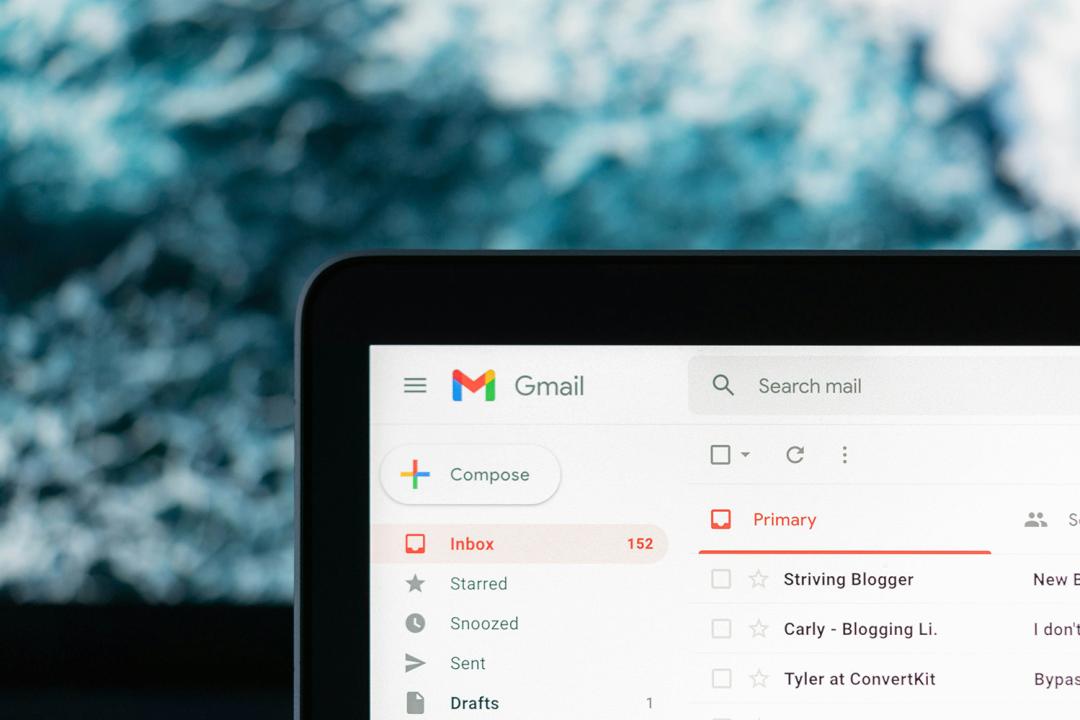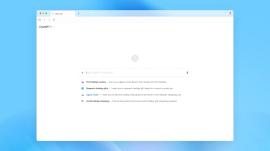Google denies your Gmail account is at risk of scam emails – but here’s what you need to do
Google has moved to deny reports that users of Gmail could be at risk of scam emails on their devices - should you do anything?

Google has moved to deny reports that users of Gmail could be at risk of scam emails on their laptops and desktops.
Despite what Google is now saying, I think wise to change your Google password if you haven’t done so for a while. And it’s an absolute must to enable two-factor authentication on your account so you have a safety net if your password is compromised. You can go to Google Security Check-up to ensure the strength of your account.
The bottom line is that if you receive any contact from Google claiming an account needs resetting the it’s a scam – Google won’t contact you for this.
The emails claim to be from Google’s Support service. These emails say that someone has attempted to access the account and so requiring you to reset your password. This Reddit post says users are now being targeted in so-called vishing attacks where the emails are backed up by actual phone calls (also cited at Forbes and reported by Malwarebytes).
During these calls, the scammer gets the user to reset their password and provide this information to them. meaning the scammer now has access to the account and can change the password to lock the user out.
In an unusual post on its blog, Google said: “We want to reassure our users that Gmail’s protections are strong and effective. Several inaccurate claims surfaced recently that incorrectly stated that we issued a broad warning to all Gmail users about a major Gmail security issue. This is entirely false.”
“While it’s always the case that phishers are looking for ways to infiltrate inboxes, our protections continue to block more than 99.9% of phishing and malware attempts from reaching users.”
Separately, a data breach at Google (of a Salesforce database) did result in the leak of information during recent weeks, but this was for commercial purposes only and the contacts affected were targets for advertising sales.


